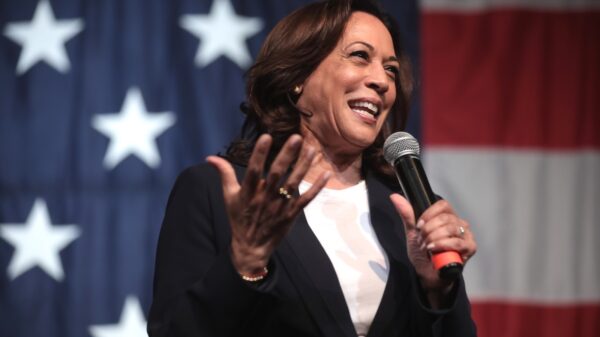By David DePriest, Columnist
Posted 9:30 AM EST, Fri., Apr. 21, 2017
On Monday, April 10, Neil Gorsuch was confirmed to the Supreme Court, ending a historic bough of partisan infighting and parliamentary proceedings that ultimately gutted one of the Senate’s longest standing customs. Gorsuch, picked by President Donald Trump to fill the seat vacated by former Associate Justice for the U.S. Supreme Court Antonin Scalia, was a controversial pick, known best for his extremely narrow and literal understanding of the Constitution. Gorsuch’s strict interpretations and conservative leaning endeared him to Republicans in the Senate, who all supported his nomination and appointment.
Gorsuch joins a court that is increasingly polarized on major issues. The loss of noted conservative activist judge Antonin Scalia in 2016 shifted the balance of the Court, with the number of liberal justices matching the number of conservatives for the first time in a generation. Former President Barack Obama then nominated Merrick Garland, a centrist judge well-respected by both parties, to fill the vacancy. The Republicans in the Senate, led by Sen. Mitch McConnell of Kentucky, refused to have a hearing on Obama’s nominee, effectively stealing the seat. The confirmation of Gorsuch again shifts the ideological balance of the court towards conservatism, and Gorsuch’s relative youth means that he’ll likely have a lasting effect on U.S. legal doctrine going forward.
Gorsuch, despite being confirmed, did not leave the Senate unscathed. His nomination faced more partisan backlash than any in recent history. All but two Senate Democrats (Sen. Joe Manchin of West Virginia and Sen. Heidi Heitkamp of North Dakota) elected to not only vote against his nomination, but also to filibuster him, effectively delaying the vote for several days. Heitkamp and Manchin’s defection has already prompted many Democratic party officials on the party’s left-wing to openly discuss primarying or ousting them completely in the 2018 elections. Many are saying that the two’s concessions to Trump, both done in the hopes of holding on to red-state Democratic voters in next year’s midterm elections, may ultimately cost them their bases and, consequently, their seats.
The Democrats’ filibuster didn’t last, however, as Republicans in the Senate voted to end the 60 vote requirement to end a filibuster. Lowering the number of votes needed for cloture (or the end of debate) disempowers the minority party, as only a simple majority is needed to force through nominees. Democrats are already hailing this as the death of decorum in Congress, and have begun actively fundraising off the issue in hopes of making the GOP’s blatant rubber-stamping and goal-post moving for Trump a 2018 issue.











